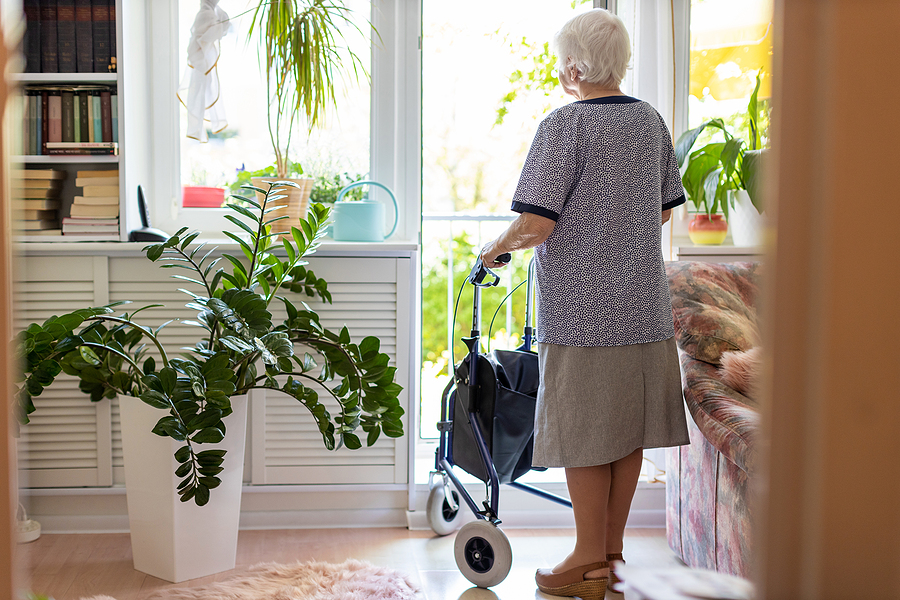Housing providers are being urged to consider the design and adaptability of the homes they build in order to successfully meet the needs of those with dementia, with a new report revealing barriers to home improvements such as lack of knowledge about what can be achieved, organising building work and paying for it.
The Housing for People with Dementia – Are We Ready? report, compiled by the All Party Parliamentary Group (APPG) on Housing and Care for Older People, makes recommendations about certain home adaptations, including wider doorways, accessible bathrooms and kitchens to enable independence.
Soft design recommendations were also made, such as the use of tactile and visual cues, the auditory impact of surfaces, signposting and so on.
The majority of people with dementia live in ordinary homes, with only a small number living in specialist housing, it was found, despite the fact that evidence suggests living in specialist housing can reduce NHS costs and social care budgets.
Other interesting design-related revelations included that escape signage can be confusing (especially the running man signs) so these should be kept to a minimum, mirrors in lifts may put someone with dementia off from going in the lift so these could be removed entirely or a roller blind hung up over the mirror, and glazing to internal fire doors can also discourage people from opening them.
Lord Best, co-chair of the APPG, wrote in the foreword to the report: “There are no vaccines for dementia. Every care decision is a housing decision, as one of our expert witnesses told us.
“Get the housing right and life with dementia can be eased; a move into residential care can be avoided or postponed, and places in hard-pressed care homes kept available for others who really need them.”
The Alzheimer’s Society has a dementia-friendly housing guide that could prove useful for anyone thinking of making home adaptations at this time.
Figures show that there is only enough specialist housing to accommodate five per cent of those over the age of 65, with 95 per cent of homes lacking even basic accessibility features. However, home adaptations improved the quality of life for 90 per cent of people, as well as for carers.
The idea is to ensure that people with dementia can carry on living in their own homes for as long as possible, retaining their independence as they get older.
Physical spaces should be easy for people with dementia to navigate, as well as being accessible, to help them enjoy a more meaningful and inclusive life, so space and design should be incorporated in the creation and maintenance of suitable housing. Design features should be considered in the planning stages, but existing properties can also be retrofitted.
For help and advice relating to accessible bathrooms, get in touch with Absolute Mobility today.
If you’re working from home and need to update your mobility bathroom for extra accessibility, then visit our site today, or if you are interested in finding out more information call us on 01491 411041 or visit our website.
2 March,2021







